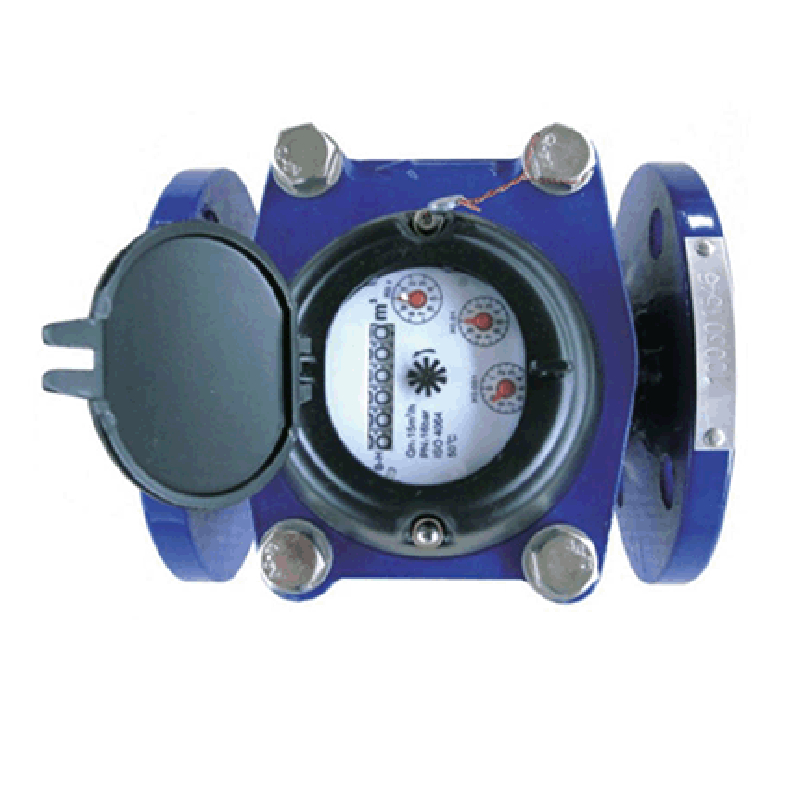Dec . 11, 2024 12:29 Back to list
water ball valve
The Importance of Water Ball Valves in Modern Plumbing Systems
Water ball valves are essential components in modern plumbing systems, utilized across various applications for controlling the flow of water and other fluids. These valves have gained popularity due to their reliability, ease of operation, and durability. In this article, we will explore the features, benefits, and applications of water ball valves, as well as their role in enhancing the efficiency of plumbing systems.
What is a Water Ball Valve?
A water ball valve is a type of quarter-turn valve that utilizes a hollow, perforated, and pivoting ball to control the flow of water. When the handle of the valve is turned, the ball rotates to either allow or block the flow of fluid. This design provides a straightforward operation, making it easy for users to quickly open or close the valve.
Features of Water Ball Valves
1. Durability Water ball valves are typically manufactured from robust materials such as brass, stainless steel, or plastic, ensuring they can withstand the rigors of varying water pressures and temperatures. This durability translates into a long service life, reducing the need for frequent replacements.
2. Minimal Resistance The spherical design of the valve allows for a relatively straight-through flow path, which minimizes turbulence and pressure loss. As a result, water ball valves can maintain efficient flow rates, making them ideal for applications where low flow resistance is critical.
3. Quick Operation With a simple quarter-turn motion, users can easily open or close the valve. This quick operation is particularly beneficial in emergency situations where immediate action is required to shut off water flow and prevent damage.
4. Versatility Water ball valves come in various sizes and configurations, making them suitable for numerous applications ranging from residential plumbing to industrial processes. They are available in different connection types, including threaded, flanged, and soldered fittings, allowing for easy integration into existing systems.
water ball valve

Benefits of Using Water Ball Valves
- Leak-Free Performance One of the major advantages of water ball valves is their ability to provide a tight seal when closed. This significantly reduces the risk of leaks, contributing to water conservation efforts and minimizing property damage.
- Ease of Maintenance Thanks to their simple design, water ball valves are generally easy to maintain. Routine inspections and occasional lubrication are often all that’s needed to keep them operating smoothly.
- Cost-Effectiveness While the initial investment in quality water ball valves may be higher than some other types of valves, their long lifespan, low maintenance requirements, and reduced risk of leaks make them a cost-effective choice over time.
Applications of Water Ball Valves
Water ball valves are widely used across various sectors. In residential settings, they are commonly found in plumbing systems for controlling water flow to faucets, toilets, and appliances. In industrial applications, these valves regulate the flow of water, chemicals, and other fluids in processes such as manufacturing and irrigation.
In agriculture, water ball valves are essential for managing irrigation systems, allowing farmers to efficiently control water distribution to crops, promoting water conservation while ensuring optimal growth conditions. Similarly, in fire protection systems, these valves enable quick access to water supply for firefighting purposes, highlighting their critical role in safety.
Conclusion
Water ball valves are indispensable tools in contemporary plumbing and fluid control systems. Their durability, efficient flow characteristics, ease of operation, and versatility make them ideal for a wide range of applications. By understanding the features and benefits of these valves, homeowners, contractors, and industrial professionals can make informed decisions when selecting components for their plumbing systems. As we continue to prioritize efficient water management and safety, water ball valves will remain a vital element in our infrastructure, ensuring we make the most of this precious resource.
Share